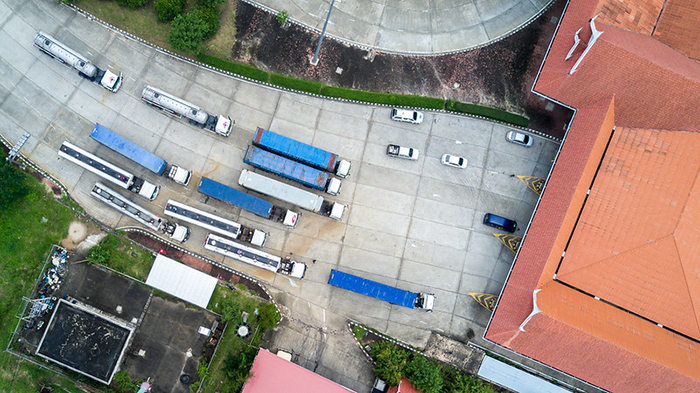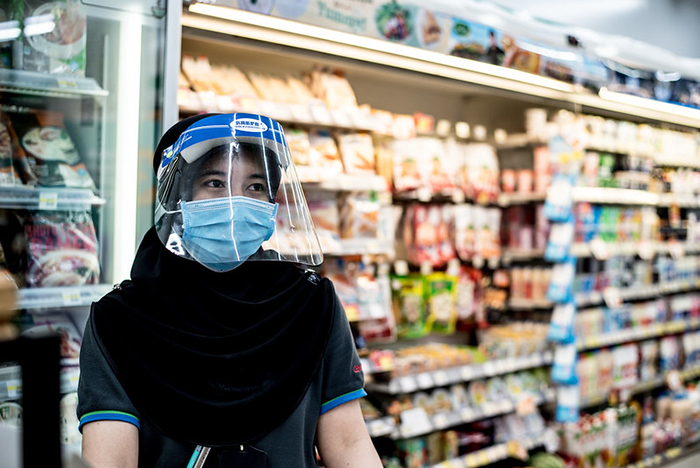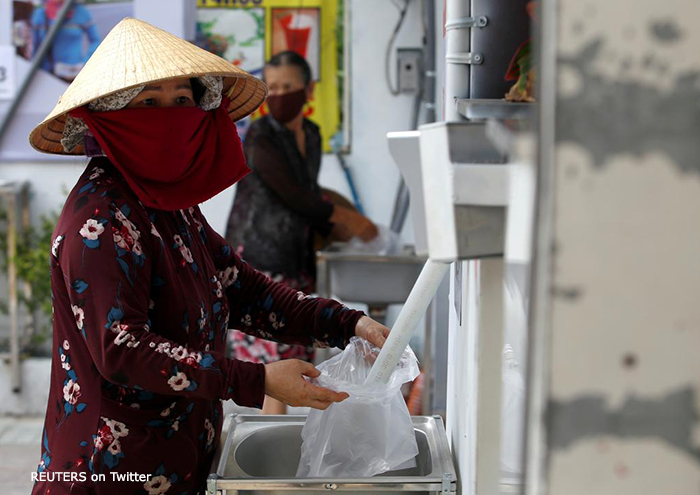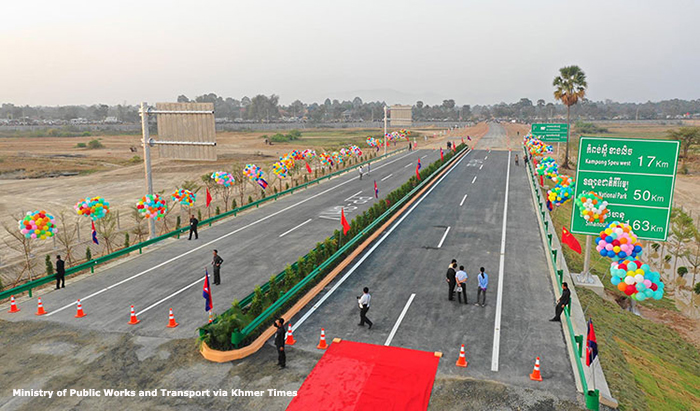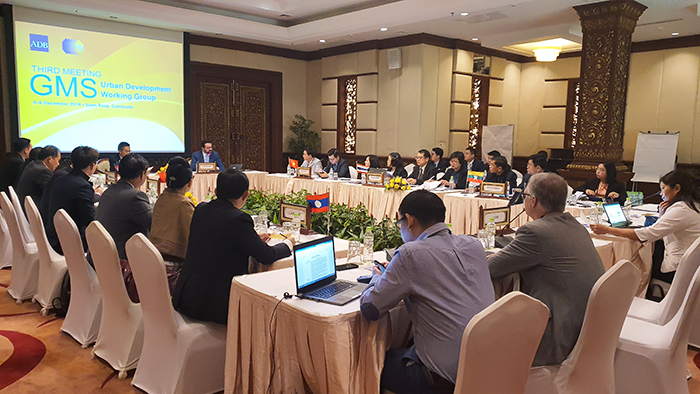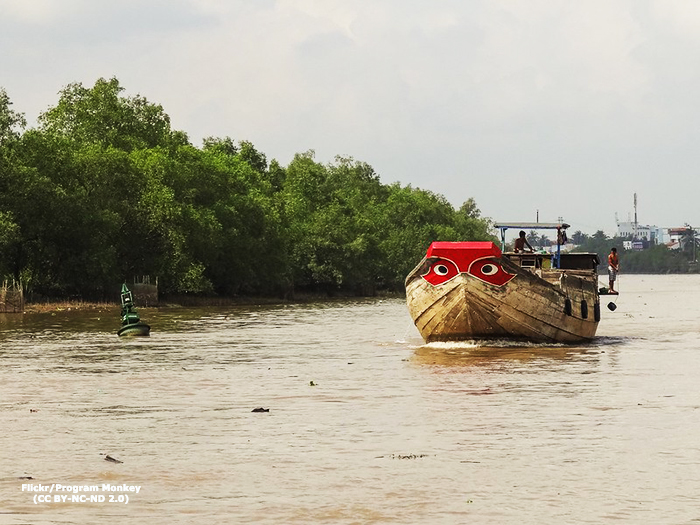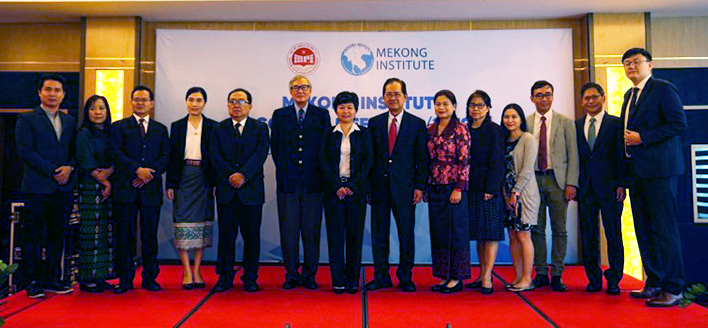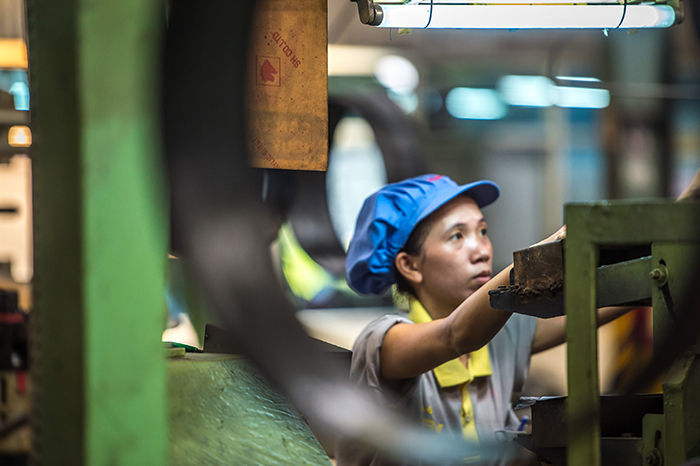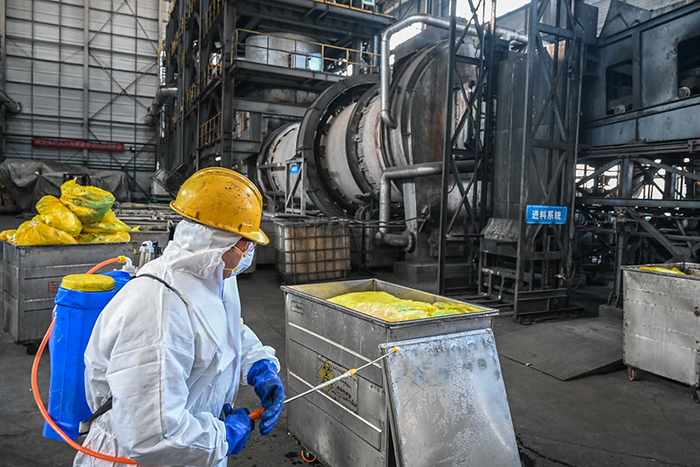
The Beijing Ruentex Environment Technology Group is a designated destination for disposing “medical wastes related to COVID-19” and “domestic wastes related to COVID-19” by the Beijing Municipal Emergency Response Headquarters for COVID-19 Caused Pneumonia. The company developed emergency plans and measures, and scientifically allocated resources for the disposal of epidemic-related medical wastes. Photo by ADB.
Post-Pandemic Priorities for Sustainable Waste Management in the GMS
2020 began with Thailand implementing a ban on single-use plastic with the aim of reducing plastic waste by 30% this year.

